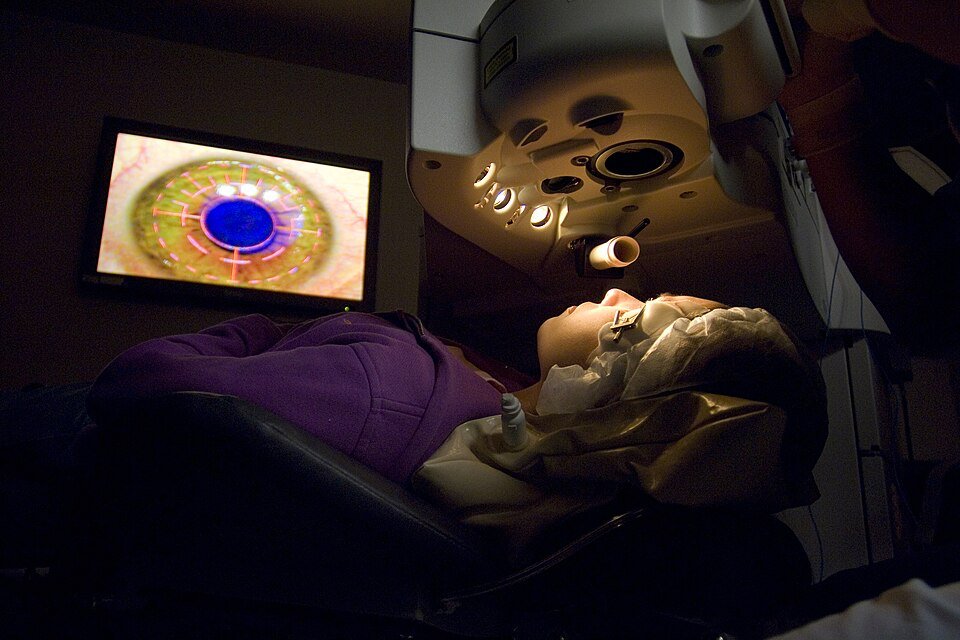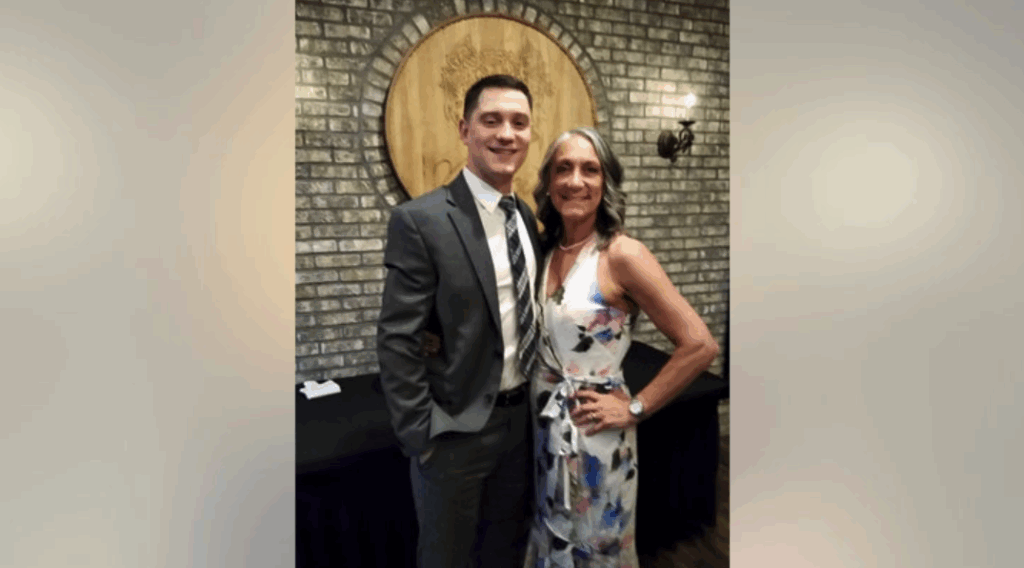Ryan Kingerski loved being a police officer. At 26, he served his Pennsylvania community with pride. In August 2024, he chose LASIK eye surgery to improve his vision. Ryan began experiencing severe eye pain and vision problems almost immediately after the procedure. Over the next few months, the pain intensified. He could no longer work. In January 2025, Ryan died by suicide. He left a note that said, “Lasik did this to me.” Now his parents, Tim and Stefanie Kingerski, are speaking out to warn others about the hidden risks of this common surgery.
The Police Officer Who Loved His Job

Ryan Kingerski brought energy and joy to his work every day. His mother, Stefanie, described him as charismatic, loving, funny, and witty. He served the Penn Hills Police Department with strong dedication. His twin brother stood by his side always, his girlfriend adored him, and his coworkers deeply respected his commitment. Children in the neighborhood would run to greet Officer Kingerski whenever they saw him on patrol. He lived fully and had big dreams for his future. As he handed his glasses to his father before surgery, he smiled and said, “I won’t need these anymore.“
Before You Get LASIK Eye Surgery, Read This Story

Ryan walked into LasikPlus in Pittsburgh, excited about the future. The procedure took just 12 seconds. During the car ride home, Tim remembered that Ryan kept saying that something felt wrong with his right eye. “It’s very foggy. I can’t really see out of it, and the pain in my head,” he said. Over the next few days, the pain intensified, and his vision stayed blurry, like looking through frosted glass. Throbbing headaches split his skull while Ryan tried everything to find relief, but nothing worked. He had planned to return to police work within days, but the pain made that impossible.
When Doctors Failed to Help

Ryan desperately looked for help with his pain and vision problems. His parents took him from one specialist to another, but it was one disappointment after another. The FDA says thorough evaluation is important because the surgery isn’t an option for everyone, and the Kingerskis believe that was the case with their son. But by then it was too late. Ryan fought the pain for five long months, but on January 26, 2025, he couldn’t fight anymore. The constant suffering had worn him down until the young police officer took his own life. His death shocked everyone who knew him.
How Common Is LASIK Eye Surgery?

About 800,000 Americans undergo laser eye surgery every year. Clinics present LASIK as safe and routine. The procedure uses a laser to reshape the cornea, the clear front part of the eye, to correct vision problems like nearsightedness, farsightedness, and astigmatism. Most patients do see improved vision after surgery. However, complications can occur. These include chronic dry eyes, halos and glare around lights, vision that becomes too weak or too strong, problems with the corneal flap, infections, and in rare cases, permanent vision loss. Some patients report that these complications last for years or become permanent.
Expert Says FDA Approval Was a Mistake

Dr. Morris Waxler served on the FDA team that originally approved LASIK. Now he says that approval was a mistake. In 2019, Dr. Waxler told news sources, “Essentially we ignored the data on vision distortions that persisted for years. I re-examined the documentation and I said, ‘Wow this is not good.'” He believes the procedure should be taken off the market entirely. Dr. Waxler argues that the FDA did not properly consider long-term complications when they first approved the surgery. He says patients are not getting enough information about serious risks that can last for years.
Who Should Never Get LASIK Eye Surgery

Some people face extremely high risks and should never get the procedure. Police officers, firefighters, and military personnel work in dangerous environments where eye trauma can occur. A head injury can dislodge the corneal flap LASIK creates, leading to serious damage. Medical experts warn that people with thin corneas, large pupils, or unstable vision are poor candidates. Those with autoimmune diseases, diabetes, or dry eyes face much higher complication rates. People under 18 or over 40 may also run into problems due to changing vision or the onset of age-related vision changes. Doctors should catch these risk factors during screening.
Red Flags During Consultations

Many doctors rush patients through the screening process to boost profits. Watch for these warning signs during your consultation. The doctor does not measure your corneal thickness carefully. They do not ask about your medical history in detail. They promise perfect results or say complications never happen. They pressure you to schedule surgery immediately. They do not explain what will happen if complications occur. They do not provide their personal complication rates when you ask. Ryan’s parents believe he was not properly screened as a candidate. A good surgeon will spend time evaluating whether you are a good candidate. They will be honest about risks and never guarantee perfect vision.
How to Protect Yourself Before Surgery

Protect yourself by asking tough questions before choosing LASIK eye surgery. Ask for your surgeon’s personal complication rates. Make sure you understand what will happen if there are complications and whether the facility will continue your care. Understand that no doctor can guarantee perfect results and some complications last a lifetime. Think carefully about whether you truly need surgery or if glasses and contacts work fine for you. Remember, the surgery permanently changes your eyes, and doctors cannot reverse the procedure. Trust your instincts. Ryan’s family shares their story to help others avoid the same heartbreak and make informed decisions.
Read More: Texas Police Department Reels After Four Deputies Die by Suicide in Six Weeks

